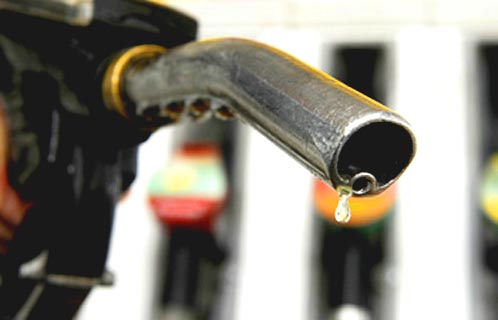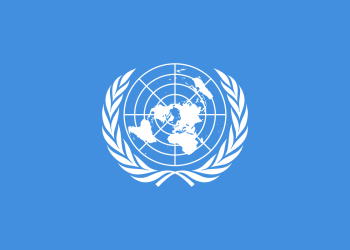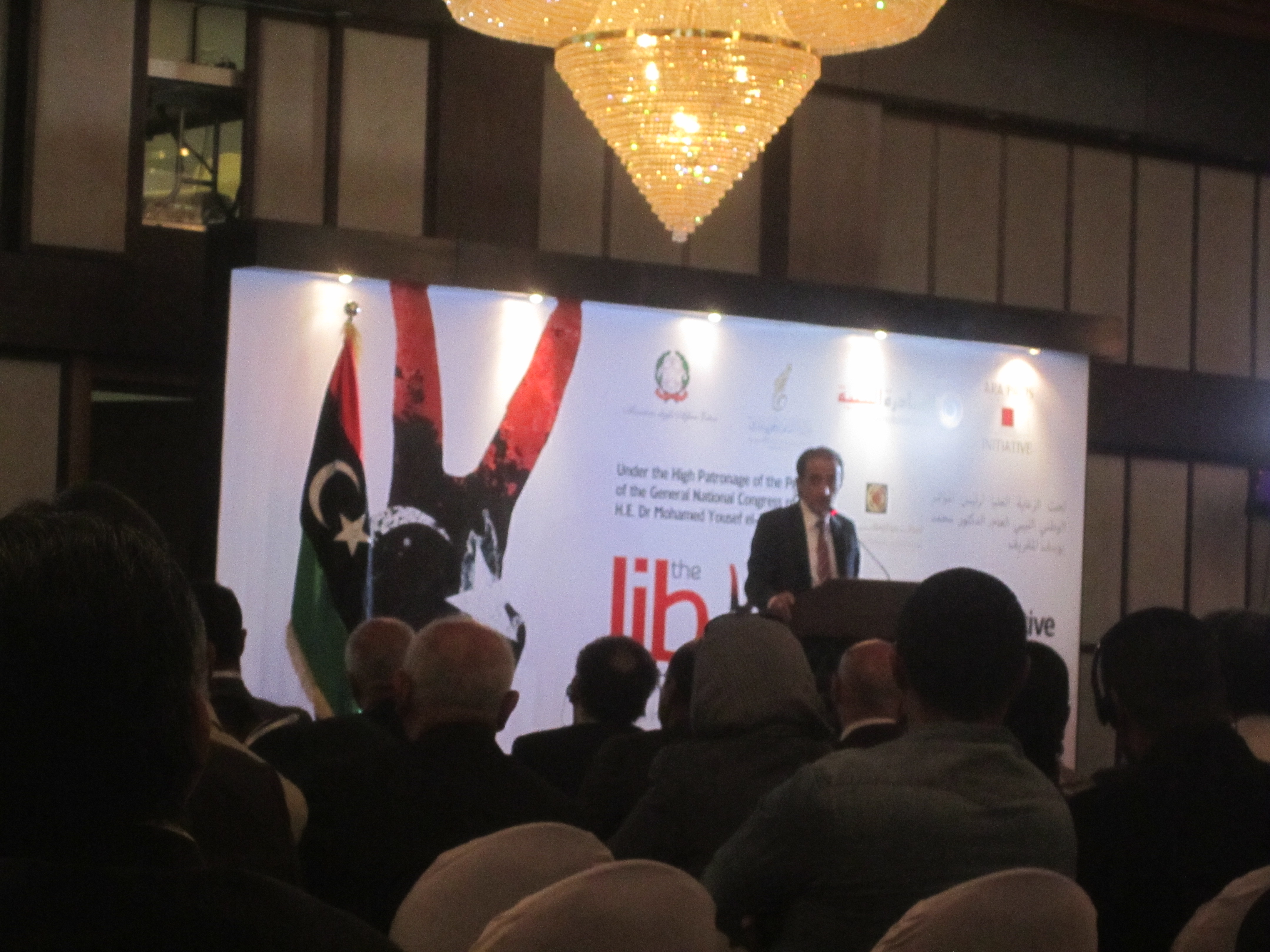By Nigel Ash.

Tripoli, 4 May 2013:
The government is to phase out fuel subsidies within the next three years, according to oil . . .[restrict]minister Abdulbari Ali Abdel-Hadi Al-Arusi.
It has long been argued that the subsidy bill for fuel and by extension electricity is too high. The government had proposed beginning a phasing out of subsidies next year, but had given no time line for when the process would be completed. Therefore Arusi’s announcement that it is planned to remove state support within three years comes as a surprise.
“The authorities intend to remove subsidies on all fuel, including both gasoline and diesel,” Reuters reported the minister as saying, “We expect the implementation of this process to take place within the next three years and there will be awareness campaigns for citizens in order to prepare them”.
According to an IMF global report published last month, (Subsidy Reform: lessons and implications) fully 16.4 percent of government revenues go toward subsidies for petroleum products. Since Libyan refineries do not produce sufficient supplies for the domestic market, this means that refined product is imported at world prices and sold at a substantial loss pumps in Libya. At the equivalent of €0.18 a litre, Libyan motorists enjoy the fifth cheapest petrol in the world.
In addition, the IMF calculated that 1.85 percent of government spending went on subsidising electric power. An assessment earlier this year by the General Electricity Company of Libya (GECOL) suggested that if electricity were sold at commercial rates, every family of five would be looking to pay LD 4,000 a year more for their power and light.
With power being sold at the equivalent of one Euro cent/kWh, GECOL not only runs at a loss but, because it can accumulate no funds for fresh investment, must look the state budget for all new capital expenditure. Further, it appears that GECOL’s problems are compounded by a failure among consumers to settle their bills.
Moreover, because electricity is so cheap, there is no incentive for users to conserve power, meaning that, with the current rate of subsidy, the government’s bill is almost bound to go up.
A recent Tripoli conference on renewable energy was told that tapping into Libya’s considerably solar and wind power potential could only happen if realistic consumer prices could defray the required capital investment.
[/restrict]










